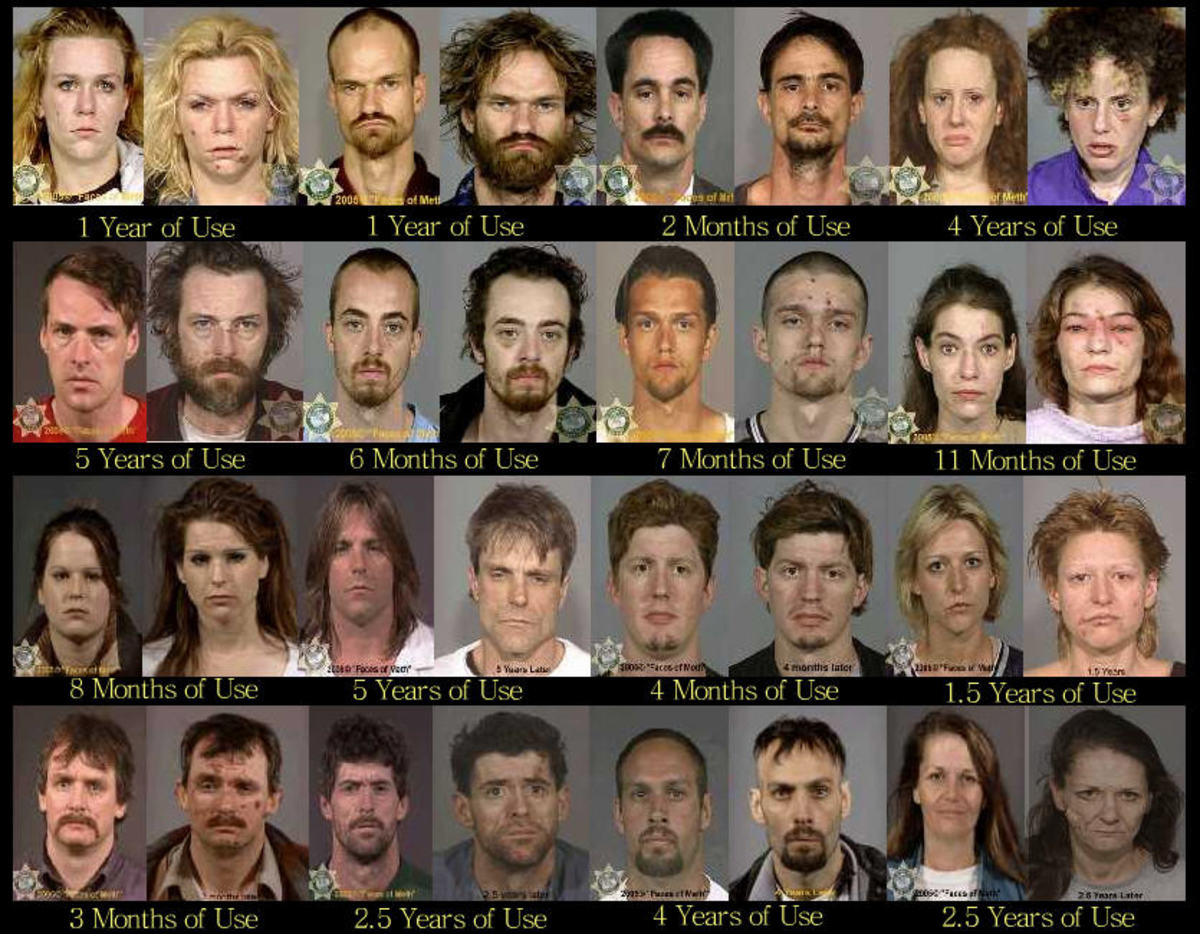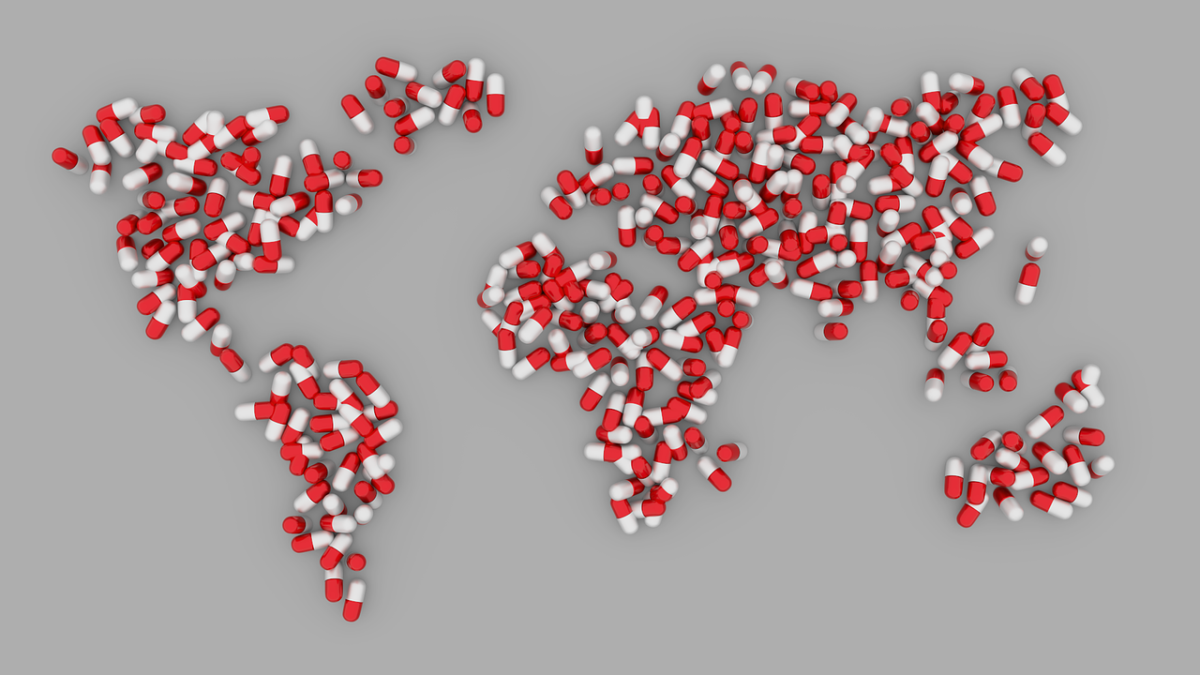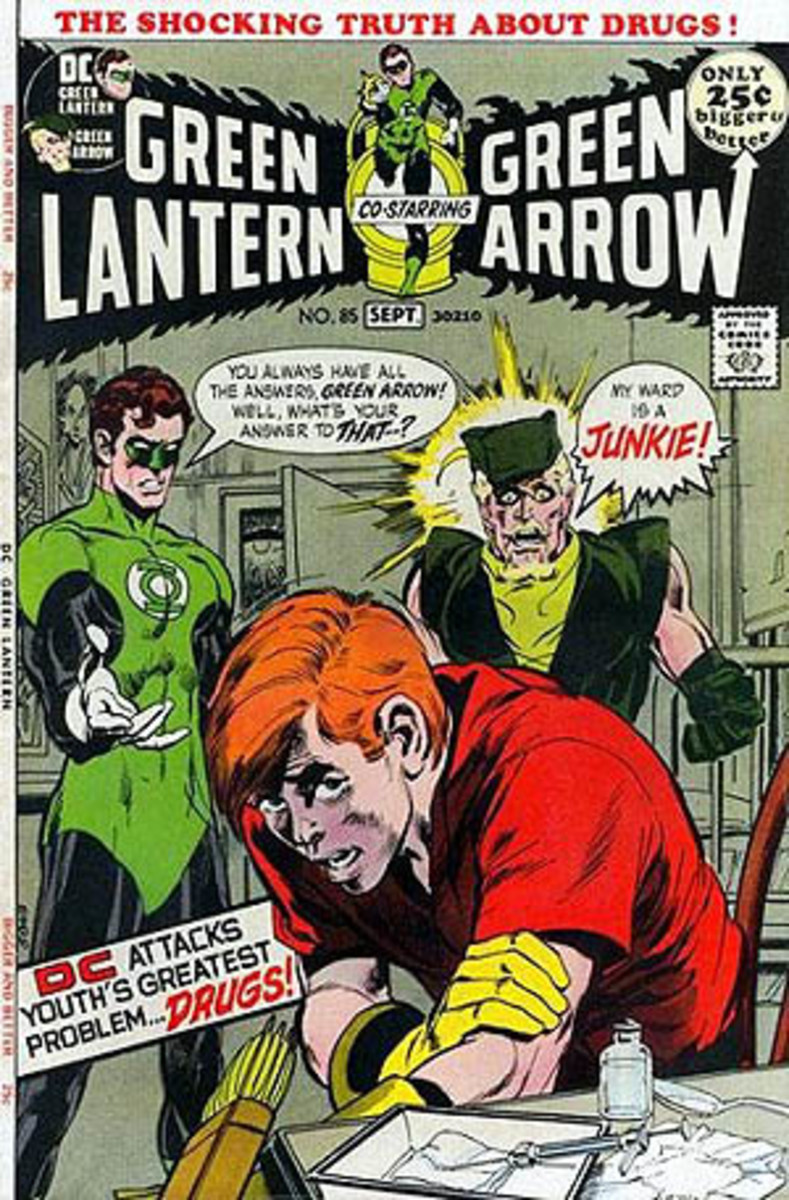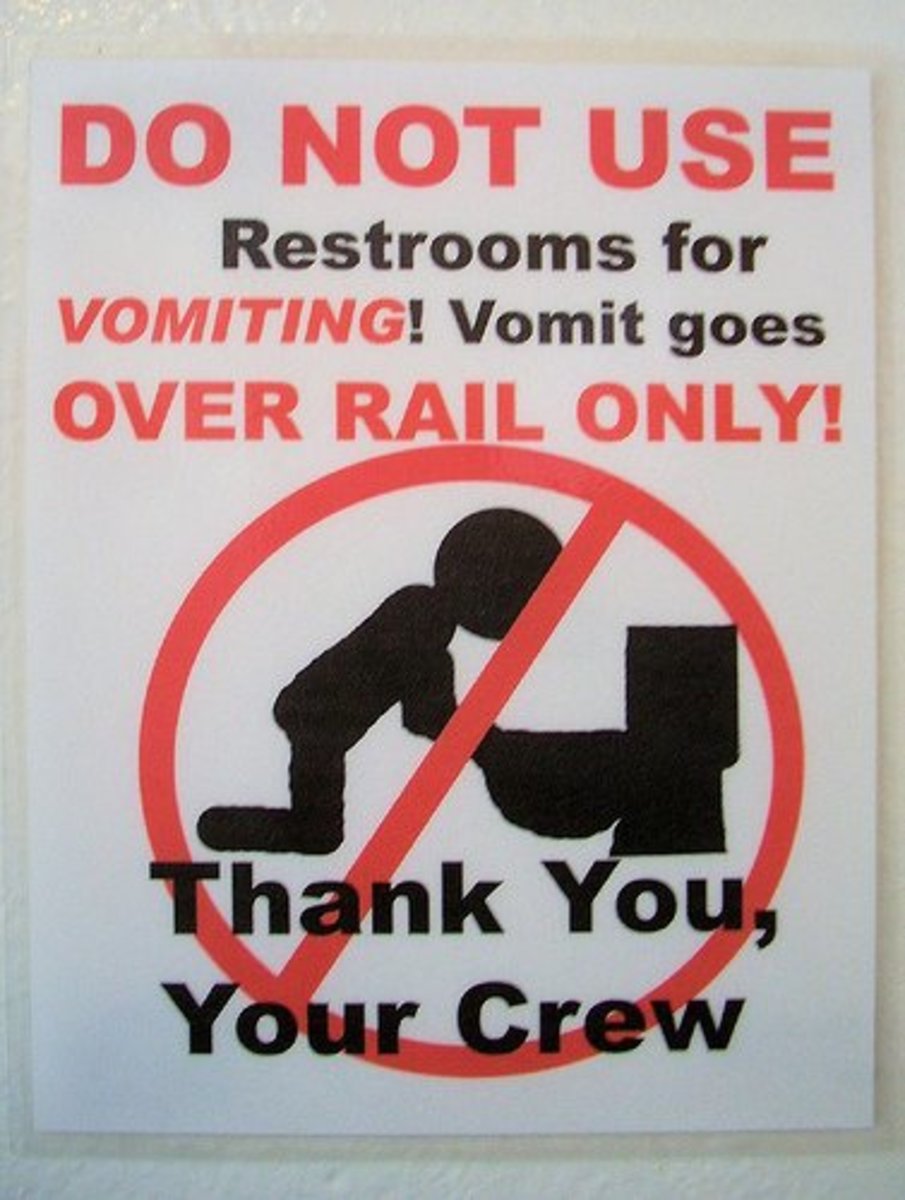- HubPages»
- Health»
- Mental Health»
- Addiction
Rational And Irrational Drug Use, Abuse, Addiction And Compliance Issues
Taking Pills To Cure Illhealth
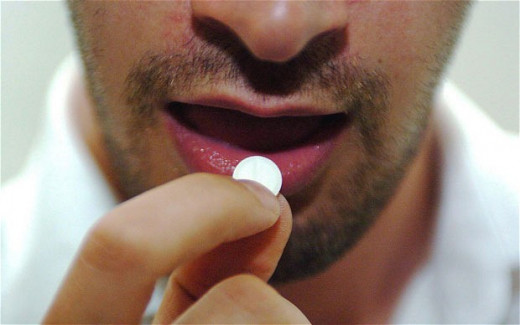
Irrational Use Of Drugs

Rational And Irrational Use Of Drugs
When two different drugs are taken together, they may produce effects different from those produced when the drug is taken alone. In many cases, this is beneficial and they are said to be synergistic. Doctors frequently make use of interactions to increase the effectiveness of a treatment. Very often more than one drug many be prescribed to treat hypertension or diabetes.
Other interactions, however are unwarranted and may be harmful. Adverse interaction between drugs may vary from a simple blocking of drug’s beneficial effects (antagonism) to a serious reaction between the two drugs that may be life threatening.
Rational use of Drugs
The rational use of drugs requires that patients receive medicines appropriate to their clinical needs, in doses that meet their own individual requirements for an adequate period of time and at the lowest cost to them and to the community. (WHO 1998)
Irrational Use of Drugs
- The use of drug when no drug therapy is indicated.
- The use of wrong drug for a specific condition requiring drug therapy.
- The use of drug of doubtful or unproven efficacy.
- The use of drug of uncertain safety status.
- Incorrect administration, dosage or duration
Impact of irrational drug use: Reduced quality of therapy and could even lead to death, waste of resources (increased cost), risk of unwarranted effects 9adverse reactions, bacterial resistance) and psychological impacts of which patients may rely on unnecessary drugs and finally get addicted to them.
Drug Addiction
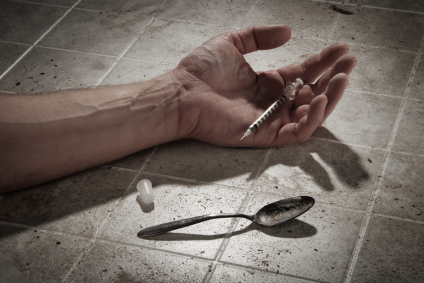
Drug Addiction
Drug Addiction And Abuse: A drug addict is one who applies drugs habitually which becomes difficult to stop. Someone who abuses drugs uses them wrongly or when not supposed to, it could also mean using drugs not in the proportion as prescribed by the doctor. Drug abuse and addiction is a wide spread problem which affects children, youths and even adults in in almost every country. Reasons why individuals abuse drugs may include: need to cope with pressures of life, just wanting to be a part of a group (peer pressure), seeking alternative help to forget problems and issues, short time activity and strength stimulation. But doing this is not without consequences and they are:
- Damage to health: tolerance and dependence
- Safety issues: driving risk, violent behaviour
- Interference with performance: affects concentration and memory
- Hurt relationships: family and friends
- Other problems: legal and financial; and finally
- Social embarrassment
Some commonly abused drugs: stimulants such as Cocaine for short lived pleasure, but also results to depression; amphetamines which cause hallucinations, irrational thoughts and fears; caffeine, causing nervousness and sleeplessness; Nicotine, causing lung cancer and heart diseases, depressants, barbiturates (sleeping pills especially) but are highly linked to accidental poisoning and suicide, Tranquilizers and Indian hemp. The only solution is psychological therapy!
Compliance In Taking Pills

Compliance Issues
Many patients deliberately stop their drugs because they feel well or their symptoms disappear. This can be dangerous especially with diseases like hypertension and diabetes, which have no noticeable symptoms. Stopping treatment may lead to recurrence or worsening of the disease. Other reasons why patients do not comply is:
- Number of times taken in a day can be tiring (especially if it is 3 times and more).
- Pill burden or number of pills can be daunting for patients
- Sometimes just remembering being sick is a burden that can prevent good compliance
- Lifestyle related issues er, work; and
- Side effects make adherence with medication difficult.
Drug is safe only when the correct dosage is consumed taking into account the frequency of administration and the duration of therapy. If there is any issue you should discipline yourself to accomplish or overcome should be an issue related to your health or well being. You become the primary sufferer if you become careless in medication. But one huge application which is very effective is the use of compliance card. This card is now adapted to suite hypertension and diabetes monitoring. With proper instructions on how to use it, it will serve as a very reliable guide for therapeutic monitoring. It could motivate patients to comply and also guard against unintentional omission of duplication of dosages (abuse).
© 2014 Funom Theophilus Makama


